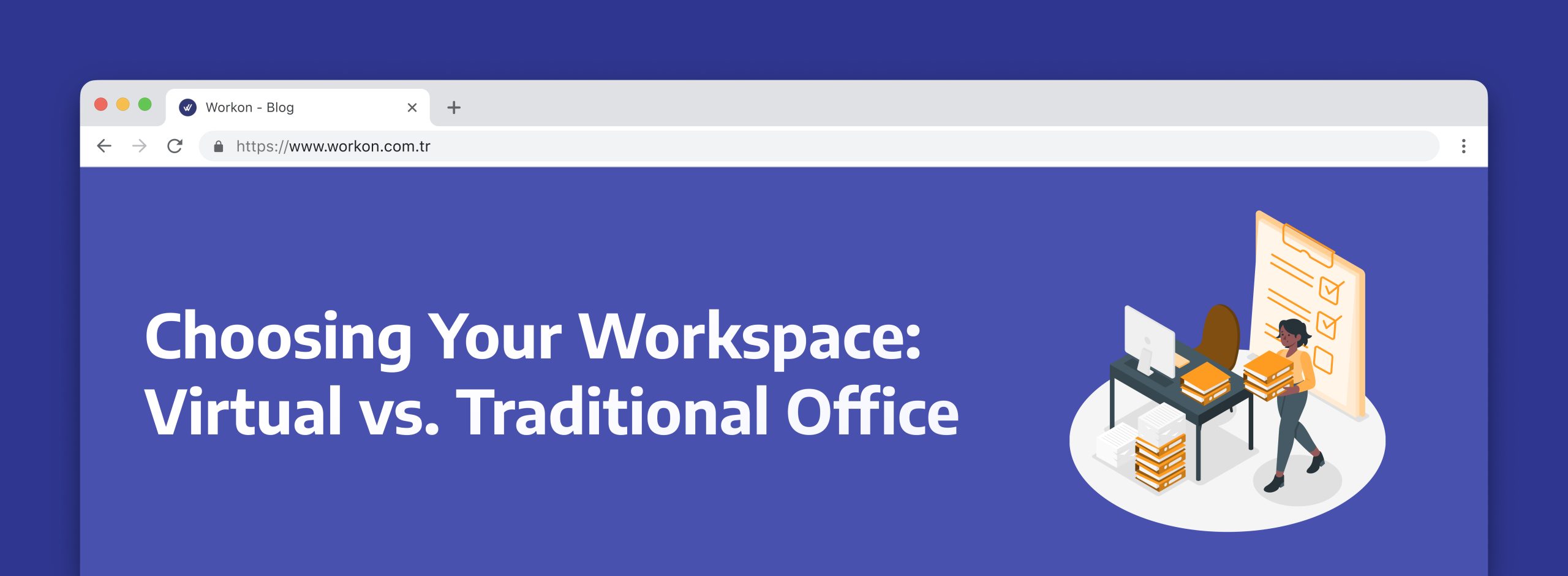- About Us About Us
- How it Works How it Works
-
-

Citizenship
Citizenship service provides expert assistance in preparing citizenship applications, assessing requirements, managing visa and immigration […]
Details
Export License
Many entrepreneurs choose Turkey to establish their business due to its strategic location. As a […]
Details
Residency & Work Permits
Work residency services offer professional assistance to individuals seeking legal authorization to work in a […]
Details
Landline Services
Establishing a landline is an excellent way to project a professional image for your business. […]
Details
Customs Consultancy
Why Choose Expert Assistance for Customs Consultancy? Regulation Knowledge: Experts are well-versed in the […]
Details
Bank Account in Turkey
Open Business Bank Account in Turkey Opening a business bank account in Turkey can […]
Details
Registered Address
A registered address is the official address of a business where all official correspondence and […]
Details
Nominee Services
Our Nominee Services provide professional representation and consultancy for your business needs. With experienced professionals […]
Details
Recruitment
Why Choose Expert Assistance For Recruitment? Many entrepreneurs starting their businesses in Turkey seek to […]
Details
Procurement
Why Choose Expert Assistance for Procurement? Market Expertise: Experts have extensive knowledge of market […]
Details
Establish Company in Turkey
Establish Company in Turkey Establishing a company in Turkey can be a complex process, but […]
Details
Trademark Registration
Trademark Definition and Importance A trademark is any sign that distinguishes a business’s goods and […]
Details
-
-
- Contact Contact










